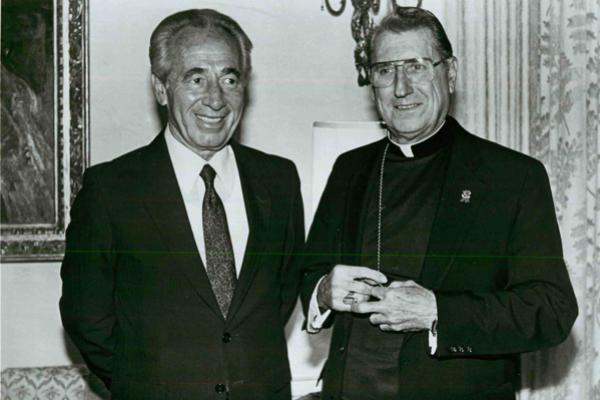May 22, 2014
In April 1908, Dorothy Gumple, a 19-year-old Jewish woman living in Connecticut, converted to Roman Catholicism. Less than two years, later she married a Catholic immigrant from Ireland. They and their five children lived in Philadelphia where her husband was a lifelong trade union member. It is not exactly the stuff global news stories are made of.
Except this: Their fourth child became the world-famous archbishop of New York, Cardinal John J. O’Connor, who served in that position from 1984 until his death in 2000.
Last month, in the Catholic New York newspaper, the cardinal’s 87-year-old sister, Mary, revealed the story of their mother’s conversion for the first time, and claimed she and her brother “did not know [our] mother was Jewish.” The O’Connor children “presumed that she had converted from another Christian religion.”
Read the Full Article

Already a subscriber? Login
